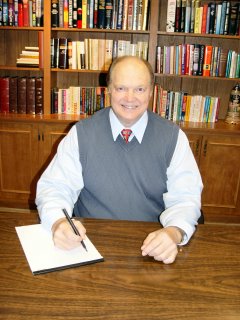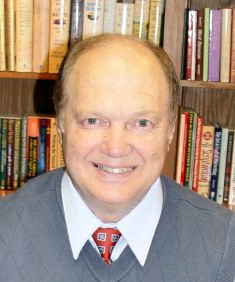The Pessimist
There are those who fill the world with light.
A song in the morning and a smile at night
But I’ve been around, and I still insist
There’s much more support for an optimist.
Take for example a simple glass of wine
When we drink a portion, what do we find?
Some will say a “half-full” glass is plenty.
But others, like us, know it’s “half empty.”
It’s no trouble to put this idea to a test.
Just place the glass on a table at rest.
You’ll soon verify the words I have spoken.
The glass is not only “empty,” it’s also broken.
To a pessimist, Murphy’s law is active still:
“If anything can go wrong . . . it will.”
And if all appears to be going by the book,
There’s got to be something overlooked.
A toaster reinforces the view I’m getting.
The end result is not affected by the setting.
The bread will be black or at least dark brown.
And, when dropped, it falls “jelly side down.”
Unless you step on it or drop your coffee cup.
Then the bread will have fallen “jelly side up.”
Remember—things get worse before they get better.
And who said that things would get better?
When you by a season pass for a team you like,
The stadium closes and the players go on strike.
A final arbitrator is called to give his finding.
It’s not just the “arbitration” that is binding.
In tennis, you will always serve into the sun.
And it rains only when you’re winning five to one.
If you play golf, you might as well admit it.
The ball stays on the tee until you try to hit it.
You think my experiences are aberrations,
But events are affected by my expectations.
It seems, the more I lose, the less I miss.
I guess I’m doomed to be a pessimist.
Family
The strength of a mighty oak
Is not as simple as it appears.
It springs from the roots and
The soil of its younger years
The measure of a man and a woman
Is not what it seems to be.
It is nurtured and developed through
Love, communion, and family.
---Paul E. Tippens






